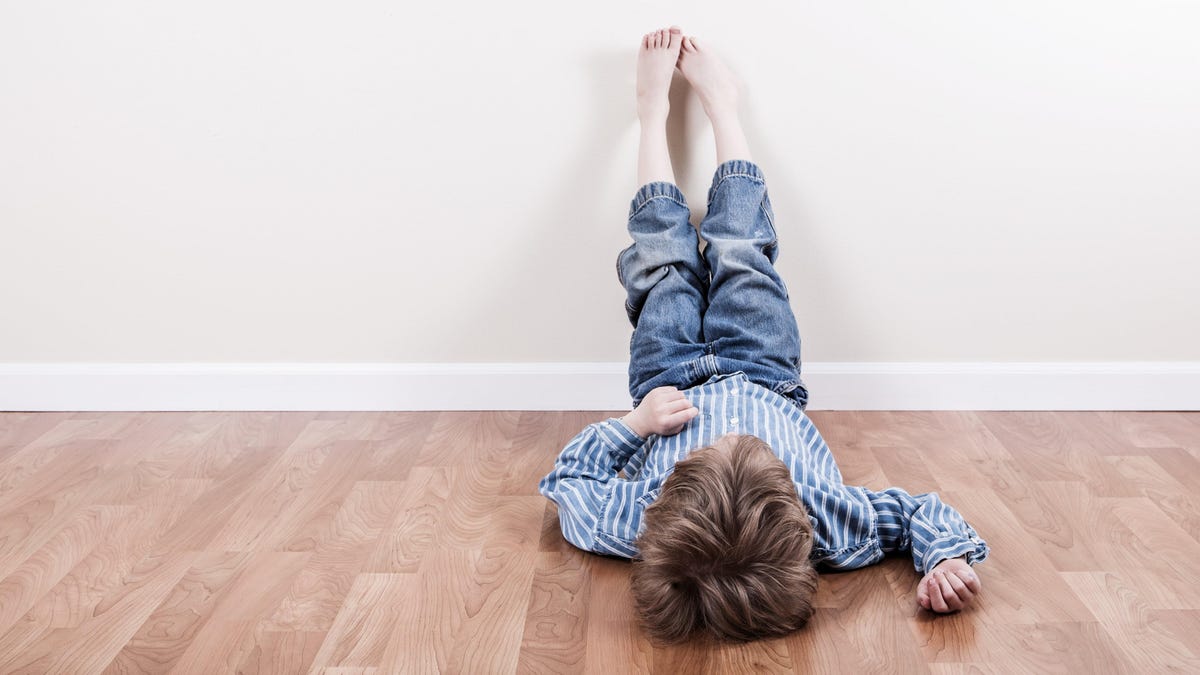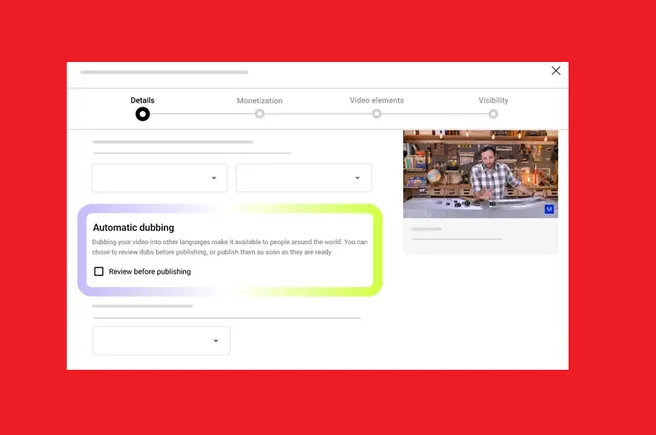What to Do When One Child Thinks They’re the ‘Bad Kid’
It can happen innocently enough. One child is a determined rule-follower, the other is a risk-taker. The oldest is a leader, the youngest is a clown, and the middle child is insecure. You slyly refer to one as a...

It can happen innocently enough. One child is a determined rule-follower, the other is a risk-taker. The oldest is a leader, the youngest is a clown, and the middle child is insecure. You slyly refer to one as a “princess” and the other as a “daredevil.” Before you know it, the stereotypes and labels have stuck, impacting adult expectations and children’s self-esteem.
Giving kids “good” and “bad” labels leads to unrealistic expectations on a “golden child” to do everything right and never make mistakes; they may become high-achieving, people-pleasing, and anxious. When one child seems to get all the praise and the other gets more criticism, sibling conflict develops.
“Other problematic labels may include any positive attribute which indicates that one child is better than another, such as ‘the smart one,’ ‘the well-behaved one,’ or ‘the easy one,’” said Dr. Tish Taylor, child psychologist and author of Fostering Connection: Building Social and Emotional Health in Children and Teens.
Taylor said sticking kids with stereotypes can impact their ego development, making them feel unworthy or superior.
“Either way, there is an imbalance in perception and potential identity formation,” she said. “In addition, the sibling relationship is negatively impacted both within childhood and often into adulthood.” Ultimately, it might be hard for siblings to develop long-lasting and supportive relationships with each other.
How to tell if labels are negatively impacting your children
There are a few reasons parents may unintentionally signal that they favor one child over another:
A particularly good-natured child may seem easier to parent through tough developmental stages.A child who is similar in personality to the parent may be easier to relate to.A child who excels in an area the parent values (like sports, arts, or academics) may receive more praise than one who doesn’t.If one child has different developmental needs, they may require more time and attention from a parent, making other children feel less favored.“Another reason for perceived favoritism includes observable positive interactions that occur between a parent and child,” Taylor said. “In other words, if a parent has an easier time getting along with or parenting one child over another, their interactions are likely more positive overall compared to a parent-child dynamic when there is increased tension and conflict. The child may perceive that their sibling is favored due to the increased conflict and tension that they feel between themselves and their parent.”
If one child shows signs of aggression or jealousy toward a sibling, or makes a direct comment about feeling perceived as the “bad” one, it’s time to repair and unstick the labels they’ve picked up.
How to address negative labels
The first step to correcting a good-bad dynamic between siblings is to notice how much time and attention you give each child.
“Work toward giving each child roughly equal time and attention participating in activities that each of them enjoys, especially that they enjoy doing with you. Second, increase positive interactions with the child who is perceived as ‘bad,’” Taylor said.
Try these positive interaction tips:
Start conversations with your child.Show interest in what they are doing.Schedule a consistent parent-child date night or special time when conflict is avoided.Tell your child the positive feelings you have for them.Recognizing them in front of the family for the positive actions and positive traits.Prevent unintentionally labeling kids
Do you ever notice secret fleeting thoughts that one child is “easier” than the other, or that your relationship with one of your children is smoother? You might be letting these feelings show without even realizing it. Ask yourself why things are easier with one child and how that feeling might color your interactions with them.
Also notice how you speak about each child and whether you use positive or negative words more often.
“The more we speak of a person, including children, in a stereotyped manner—pointing out the ‘good’ vs. the ‘bad’—increases our feelings and thoughts in the respective direction. Be sure to balance your thoughts and comments when a child is showing challenging behaviors or traits and recognize their positive traits and behaviors as well,” Taylor said.

 Lynk
Lynk 































